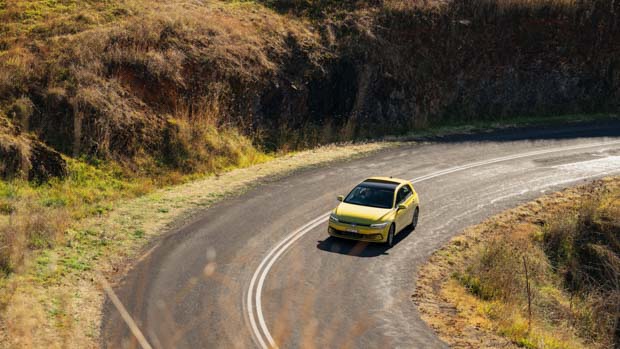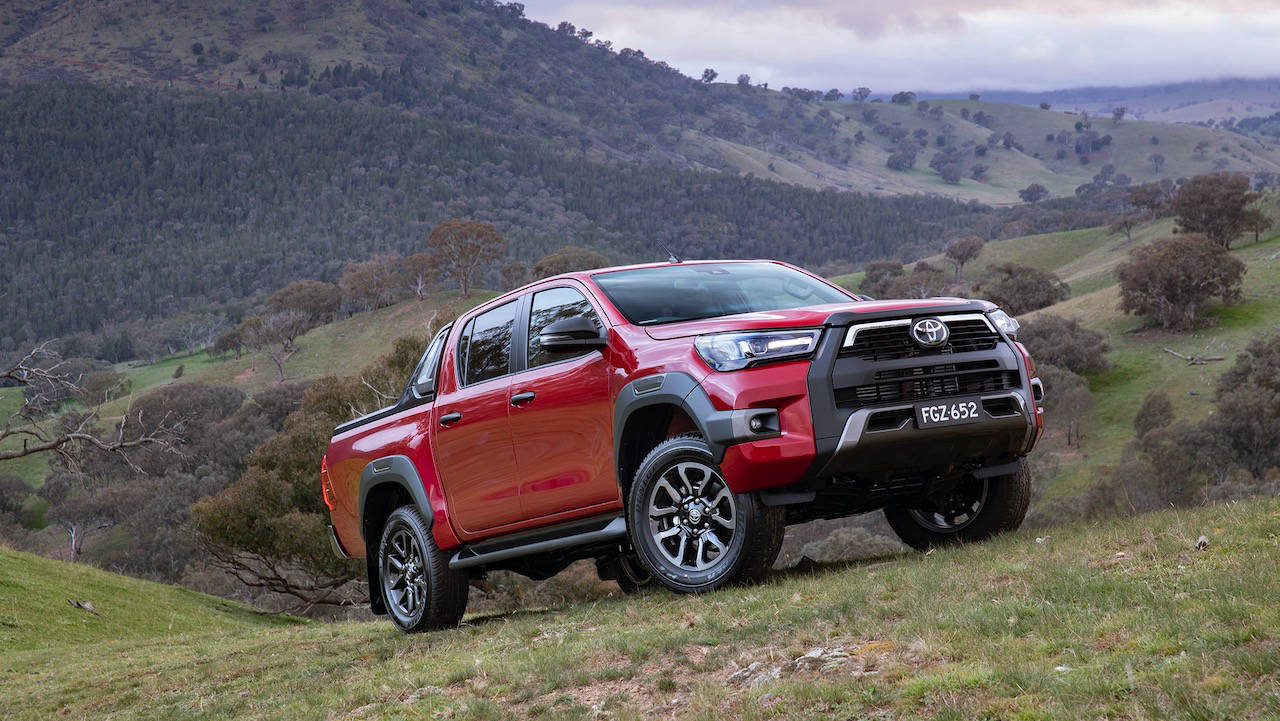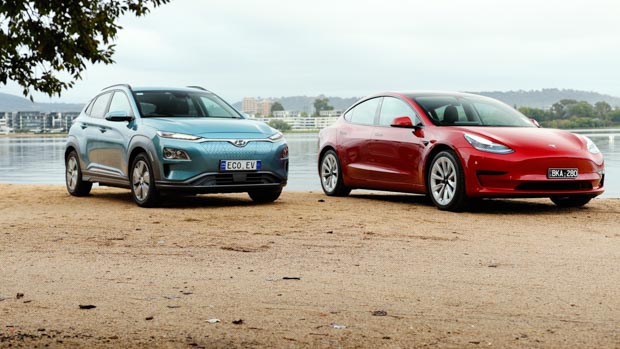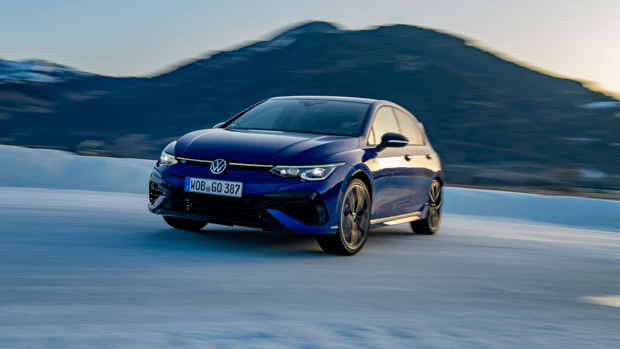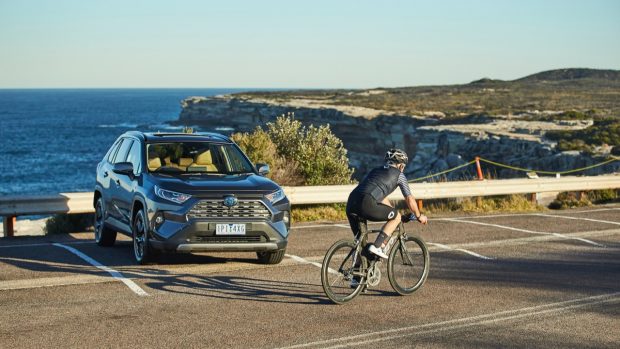-
Car Reviews
- All reviews
- Midsize SUVs
- Small cars
- Utes
- Small SUVs
- Large SUVs
- Large cars
- Sports SUVs
- Sports cars
- Vans
Latest reviews
- Car News
-
Car Comparisons
Latest comparisons
- Chasing Deals
European new car sales data for May 2021 has been released and the top ten sellers do not line up with Australia’s most popular cars.
Australia’s love for light commercial vehicles and SUVs is no secret. Yet, if Australia is going to reach its target of CO2 neutrality by 2050, there needs to be a substantial push for the introduction of electric vehicles over the next 15 years given the high emissions of the current best-selling vehicles.
Strict emissions regulations in Europe make larger, high-CO2 vehicles very expensive to own. So it’s no surprise European buyers continue to prefer smaller, lighter cars, with the Volkswagen Golf taking the number one spot. There are only two SUVs in the top ten; the Peugeot 2008 and Volkswagen T-Roc.
Unlike in Europe, the Australian government does not tax vehicular CO2 emissions. Australian sales figures are dominated by light commercial vehicles that typically make use of four-cylinder diesel engines. Small business tax incentives mean these utes are often weekday workhorses and weekend family transport.
Aside from light commercial vehicles, just two hatchbacks make the top ten: the Hyundai i30 and Toyota Corolla. The remainder of May’s top ten is made up of SUVs like the Mazda CX-5 and Toyota RAV4 with a turbodiesel V8 Toyota Landcruiser coming in fourth.
The resultant average CO2 emissions of Australia’s top-ten sellers is 183g/km. That equates to 64 per cent more than the European top ten average of 118g/km. The gulf in average CO2 emissions is equivalent to the difference between a Volkswagen Golf and a turbocharged midsize SUV like a Mazda CX-5.
Meanwhile the Australian top-ten median CO2 emission result is 206g/km which is just shy of double Europe’s median of 119g/km.
They mean that the most popular cars in Australia pollute a lot of CO2, and that Australia reaching net zero emissions by 2050 will require a big change in buyer preferences.
Any future changes will be reliant on several factors including manufacturers producing longer range EVs, improved charging infrastructure and increased government incentives.
We are starting to see a shift following the NSW government’s EV incentives. Energy and environment minister Matt Kean said: “we know that with new cars staying on the road 15 years on average, the vast majority of new cars sold in NSW need to be EVs by 2035 to achieve net zero emissions by 2050”.
The Federal Chamber of Automobile Industries (FCAI) also showed interest in lowering emissions by reporting CO2 emissions of new cars sold. Interestingly, the FCAI’s reporting splits utes and SUVs into a separate category from passenger cars. Their average emissions figure was 173g/km.
Apart from incentivising EVs, Australian buyers have missed out on more efficient combustion engines in several cars. The 1.4-litre ‘110TSI’ engine in Australian-market VW Golf produces 132g/km of CO2 in the combined cycle, where the European 1.5-litre powered car drops that to 115g/km.
Getting more efficient combustion engines will be contingent on fuel standard improvements set to roll into Australia by 2024.
These are positive steps, but ones that are still detached. Michael Bartsch, Volkswagen Group Australia managing director has called for organisation on a federal level and introductions of European-style CO2 emissions targets.
Our figures are calculated in a way that is quite skewed towards Australia. We did not include plug-in hybrid and BEV variants available in the European top ten sellers calculations. If we did, the difference would be even more pronounced.
The European CO2 figures are representative of the variants that would most likely be sold in Australia. For example, the Volkswagen Golf’s 115g/km figure ignores the plug-in hybrid and diesel engines sold in Europe.
For cars with multiple powertrains sold in Australia the average CO2 across the range was calculated. For instance, the Toyota RAV4 is available with a 2.5L petrol, 2.0L petrol and 2.5L hybrid, those figures were combined and averaged to get the final 143g/km figure.
Latest news
About Chasing cars
Chasing Cars reviews are 100% independent.
Because we are powered by Budget Direct Insurance, we don’t receive advertising or sales revenue from car manufacturers.
We’re truly independent – giving you Australia’s best car reviews.
